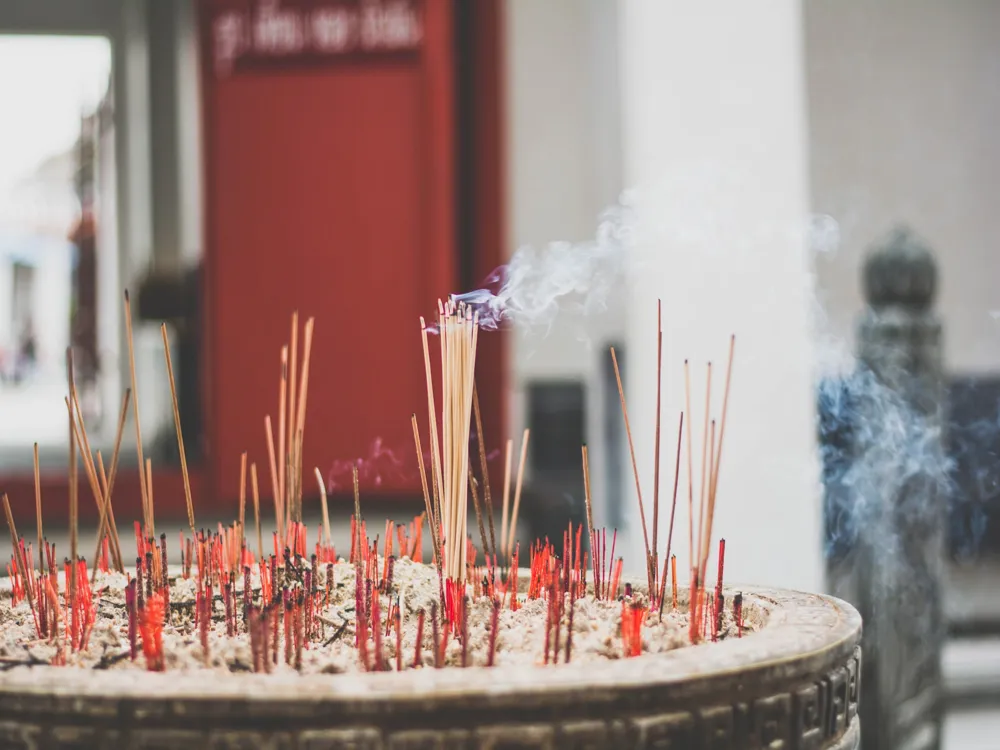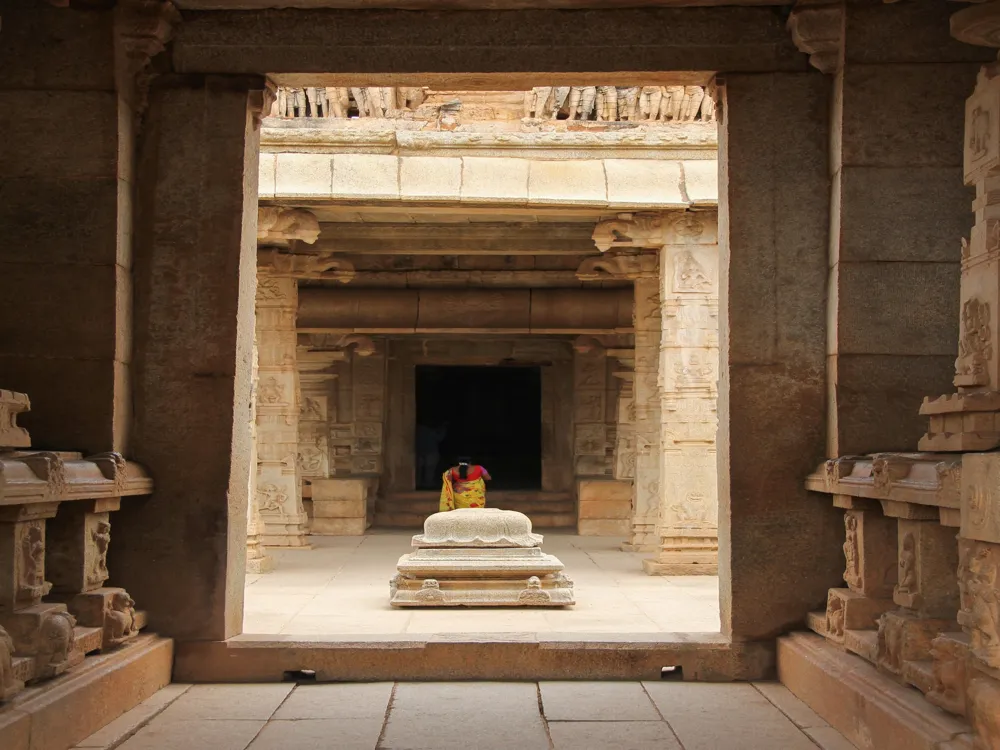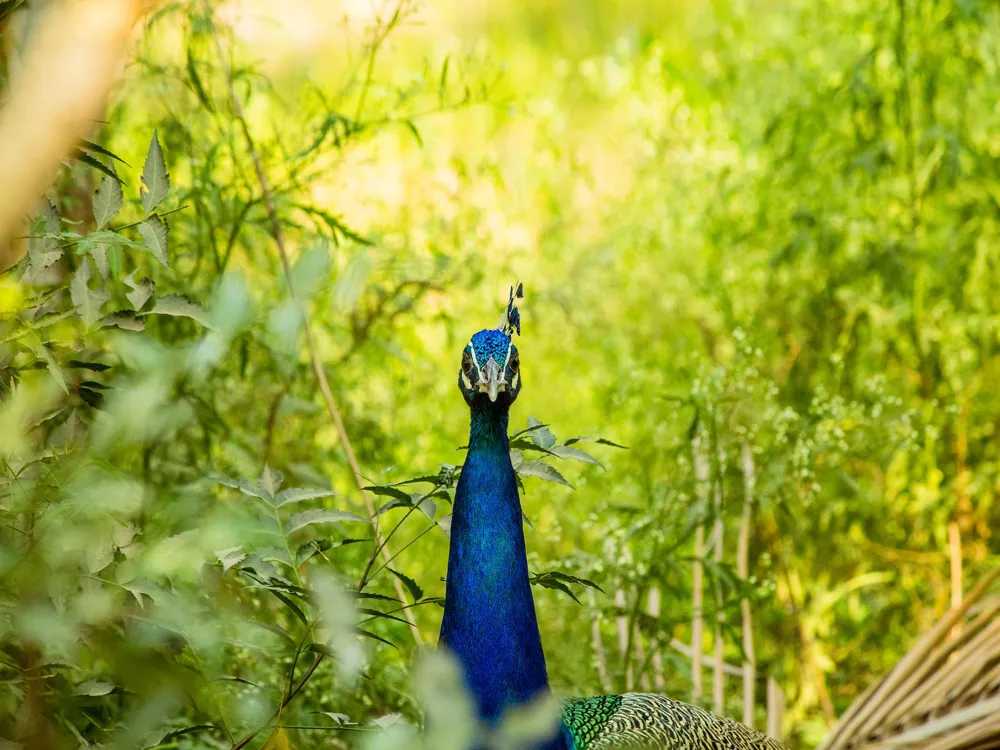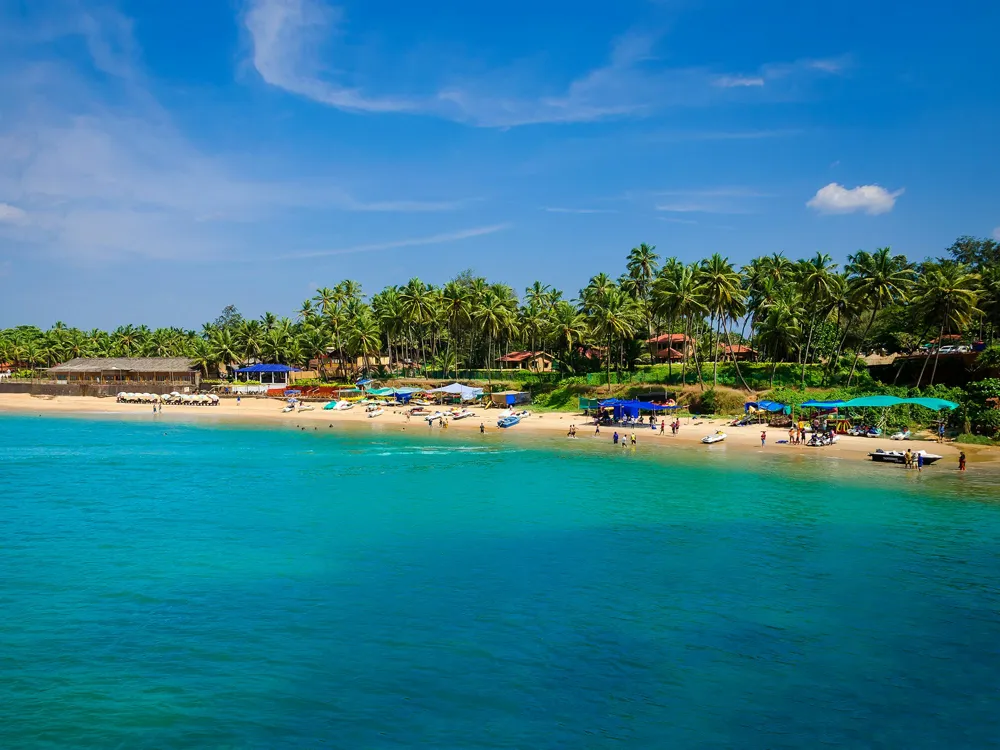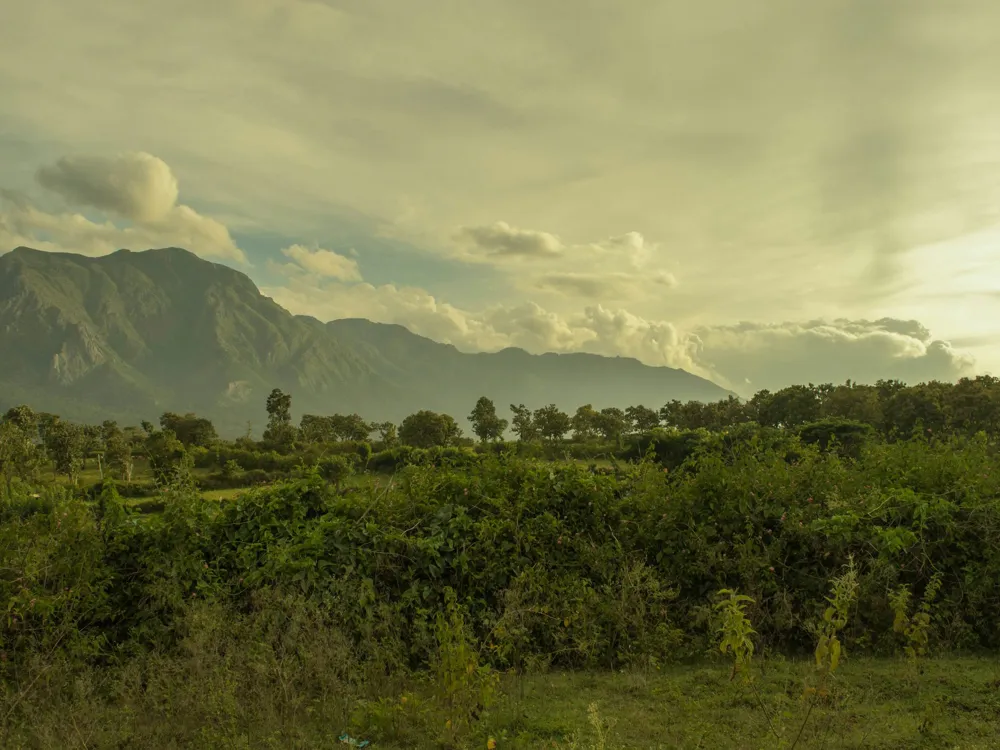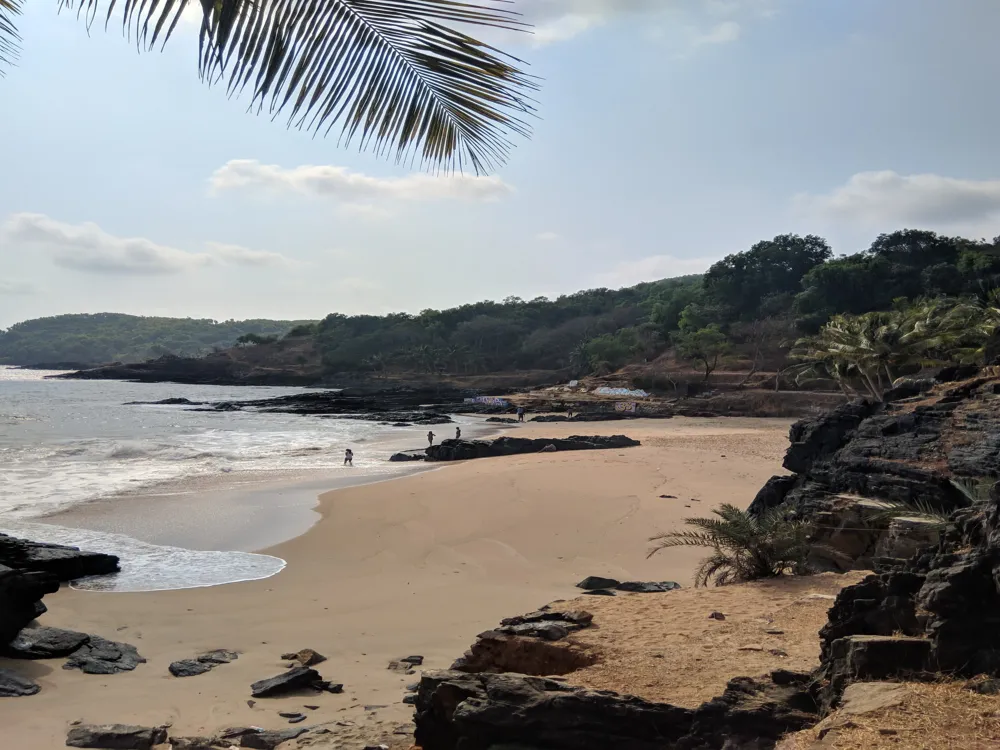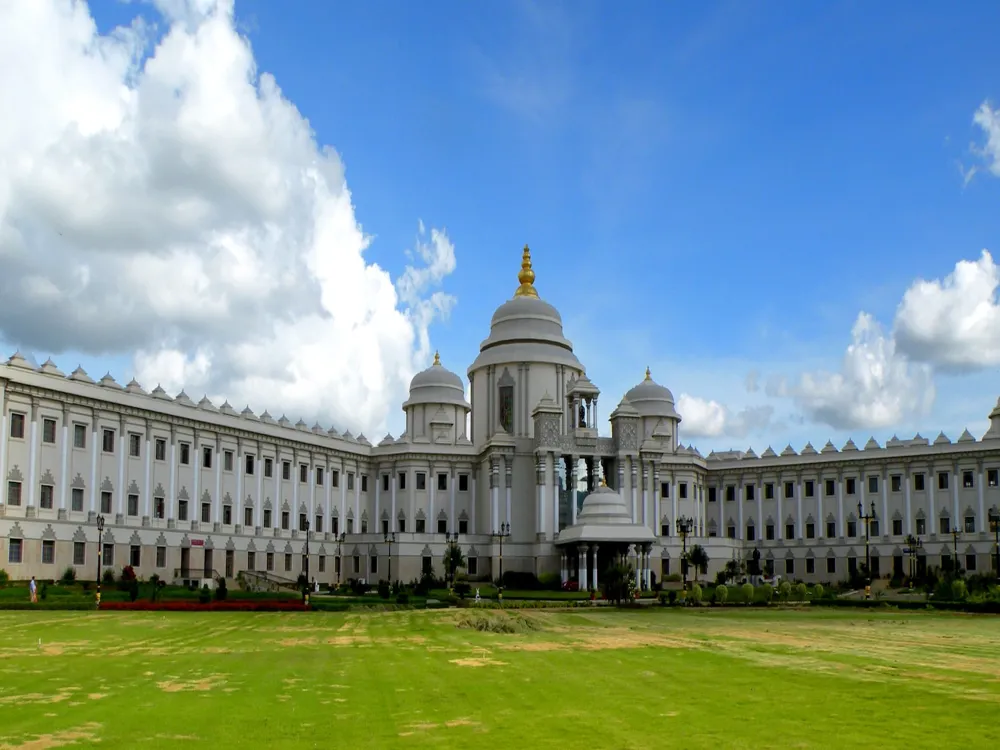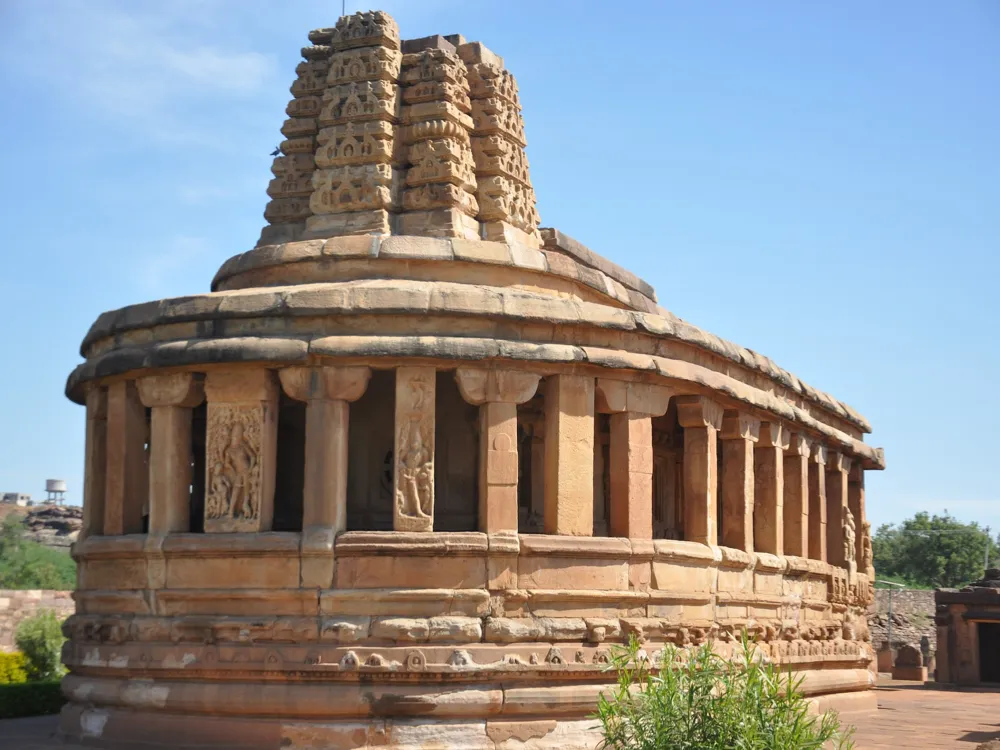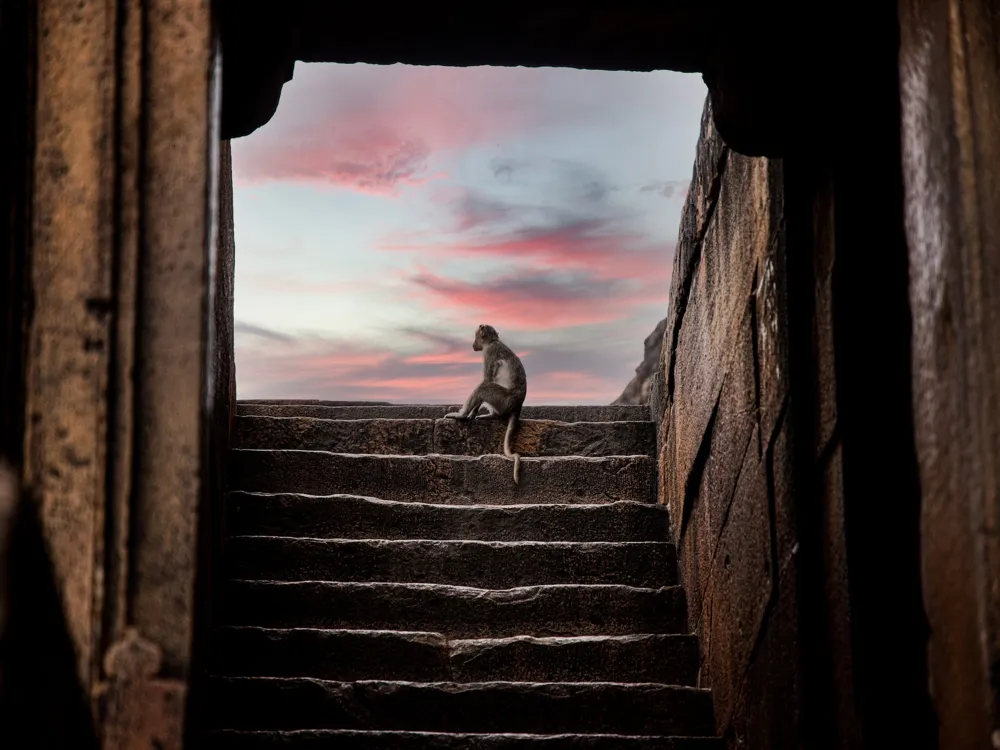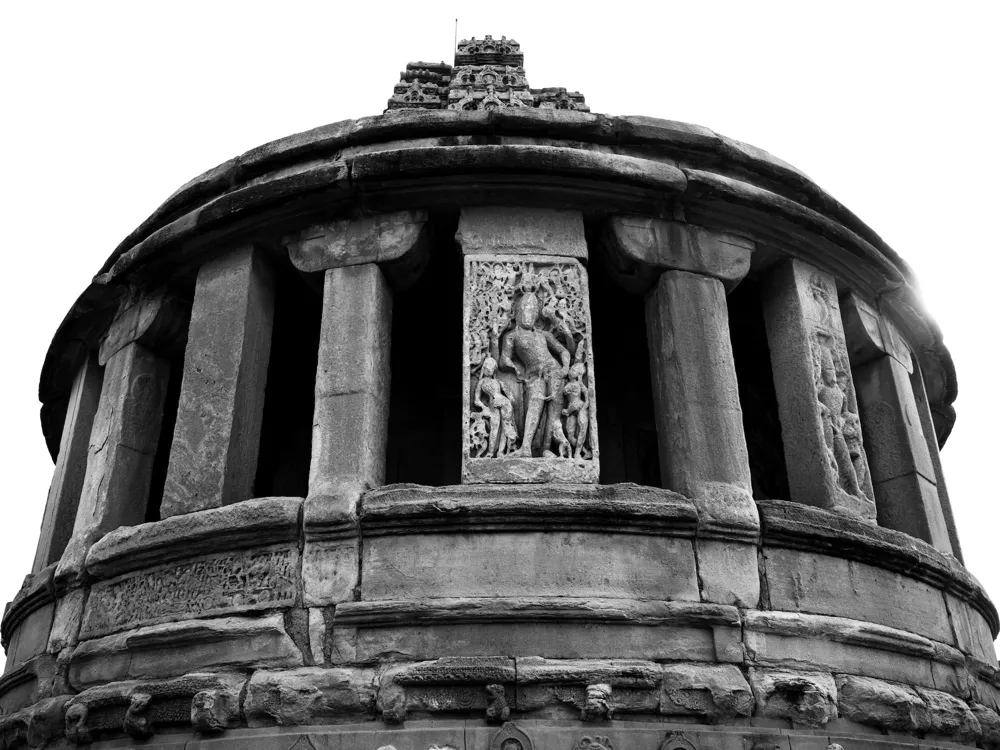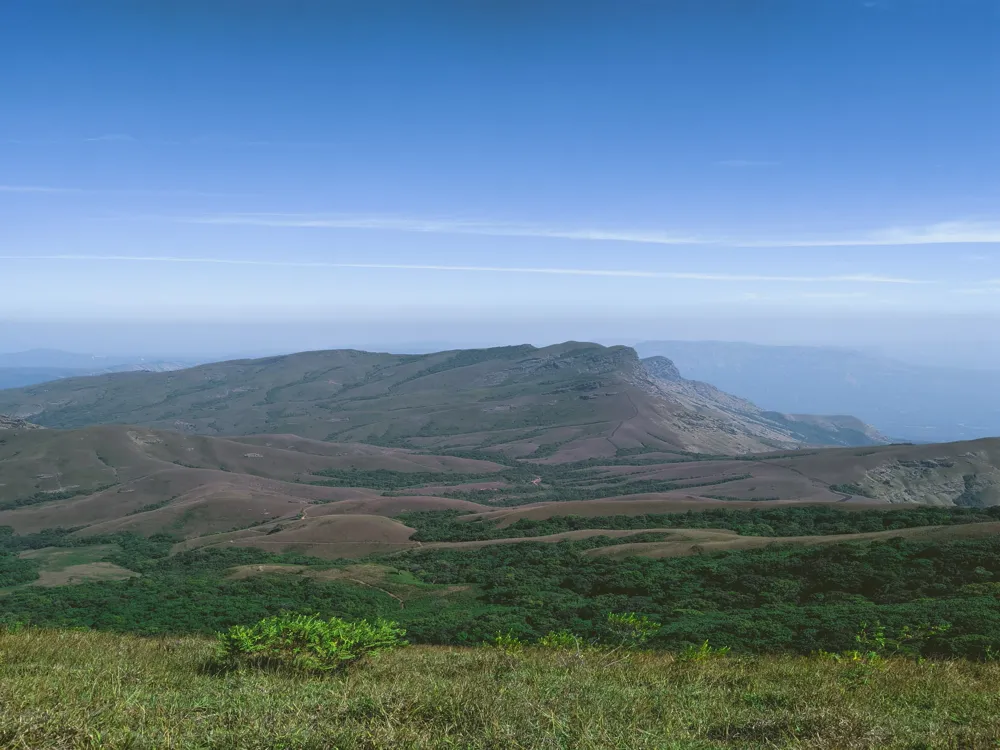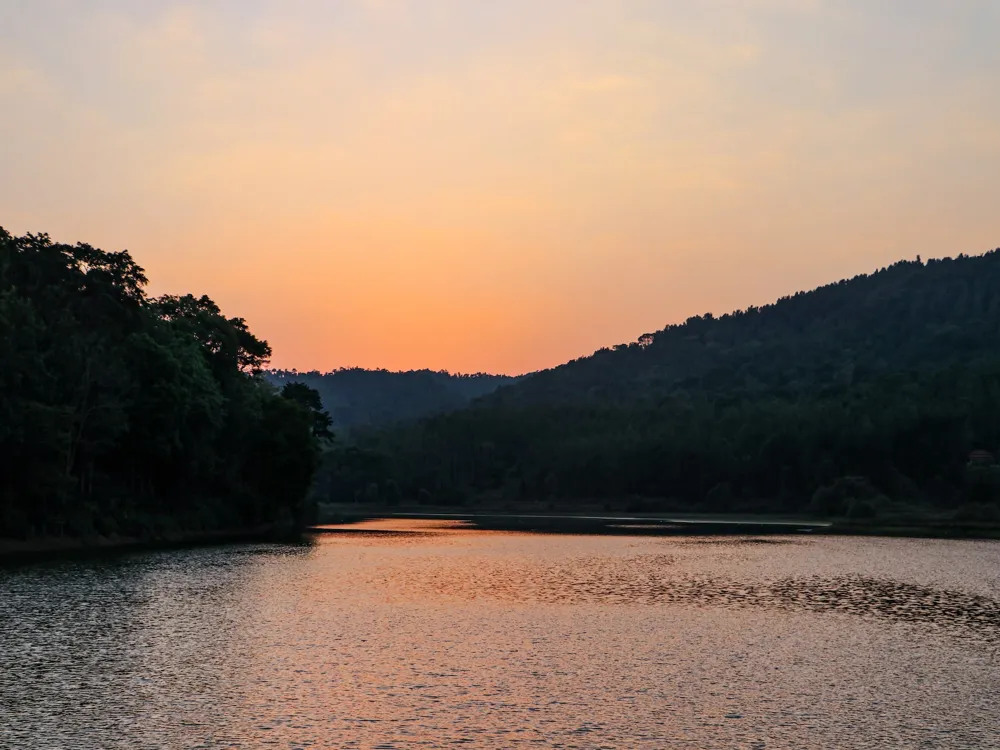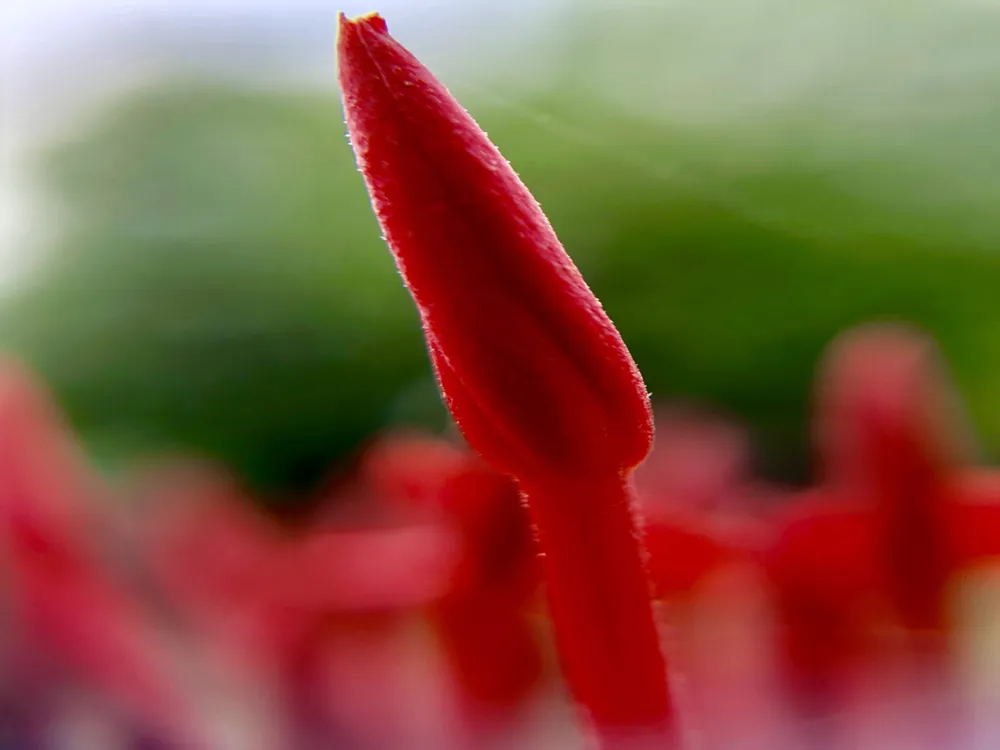Hampi, nestled within the ruins of the ancient Vijayanagara Empire in Karnataka, is a UNESCO World Heritage Site that offers a surreal mix of history, mythology, and natural beauty. The city's origins trace back to the 14th century, marking it as one of the most significant historical locations in India. Hampi's landscape is dotted with large boulders, and the Tungabhadra River meanders through this rugged terrain, adding a mystical charm to the area. The city was the last capital of the Vijayanagara Empire, and it flourished as a hub of art and culture under the patronage of King Krishnadevaraya.
The city's historic significance is further highlighted by its mention in several ancient texts, including the Ramayana, suggesting its existence since the epoch of Hindu mythology. Hampi is not just a place for history buffs but a retreat for those who appreciate the beauty of nature and the grandeur of architecture. Its sprawling ruins include more than 1,600 surviving remains of the last great Hindu kingdom in South India, including forts, riverside features, royal and sacred complexes, temples, shrines, pillared halls, mandapas, memorial structures, water structures, and others. These remnants tell the tale of Hampi's grand past and the artistic excellence of its craftsmen.
The architecture of Hampi is a testament to the ingenuity and skill of the Vijayanagara Empire's artisans. The city's ruins display a blend of Dravidian and Indo-Islamic architectural styles, symbolizing a confluence of cultures and ideologies. The Vijayanagara style is characterized by its elaborate carvings, expansive courtyards, towering gopurams (temple towers), and majestic pillars. The Vitthala Temple is a prime example, renowned for its extraordinary stone chariot and musical pillars that resonate with musical notes when struck.
Another architectural marvel, the Virupaksha Temple, predates the Vijayanagara Empire and remains an important pilgrimage site. The temple's 160-foot high tower at the entrance is breathtaking, with intricate carvings and sculptures that narrate various Hindu mythological stories. The Lotus Mahal, another significant structure, blends Hindu and Islamic architectural styles, showcasing the empire's tolerance and inclusivity. Its symmetric design, arched gateways, and geometrically aligned gardens reflect the sophistication of the era’s architects. The Queen's Bath, adorned with balconies, arched corridors, and lotus-shaped fountains, mirrors the luxurious lifestyle of the Vijayanagara royalty.
Hampi experiences a tropical climate, so the best time to visit is from October to February when the weather is cooler and more pleasant. The monsoon season, from June to August, transforms the landscape into a lush green paradise but can hinder exploration due to heavy rains.
Hampi offers a range of accommodation options from budget guesthouses to upscale resorts. Staying in Hospet, 13 km from Hampi, provides more luxurious options. For an immersive experience, consider staying in the villages near the ruins.
Hampi's local cuisine is a mix of South Indian flavors. Do not miss trying the local specialties like Bisi Bele Bath, Jolada Roti, and Mysore Pak. Many restaurants and street vendors in Hampi serve delicious vegetarian and non-vegetarian dishes.
When visiting religious sites, dress modestly and remove shoes before entering temples. Always seek permission before photographing local people or religious ceremonies.
Hampi is best explored on foot or by bicycle. Hiring a local guide can enrich your experience as they provide insights into the history and legends of the ruins. Remember to carry water, a hat, and sunscreen, as the area can get quite hot during the day.
Hampi is accessible by various modes of transportation. The nearest airport is in Bellary, about 60 kilometers away, with regular flights from major cities in India. Hospet, the nearest railway station, is well-connected to cities like Bangalore, Hyderabad, and Goa. Regular bus services also operate from these cities to Hampi. For a more scenic route, consider a drive through the countryside, which offers stunning views of the Karnataka landscape.
Overview of Hampi, Karnataka
Architecture of Hampi
Tips When Visiting Hampi
Best Time to Visit
Accommodation
Local Cuisine
Respect Local Culture
Exploring the Ruins
How To Reach Hampi
Queen's Bath
Hampi
Karnataka
NaN onwards
View hampi Packages
Weather :
Label : Must Visit
Tags : Monument
Timings : 6:00 AM - 6:00 PM daily
Planning a Trip? Ask Your Question
Hampi Travel Packages
View All Packages For Hampi
Top Hotel Collections for Hampi

Private Pool

Luxury Hotels

5-Star Hotels

Pet Friendly
Top Hotels Near Hampi
Other Top Ranking Places In Hampi
View All Places To Visit In hampi
View hampi Packages
Weather :
Label : Must Visit
Tags : Monument
Timings : 6:00 AM - 6:00 PM daily
Planning a Trip? Ask Your Question
Hampi Travel Packages
View All Packages For Hampi
Top Hotel Collections for Hampi

Private Pool

Luxury Hotels

5-Star Hotels

Pet Friendly







